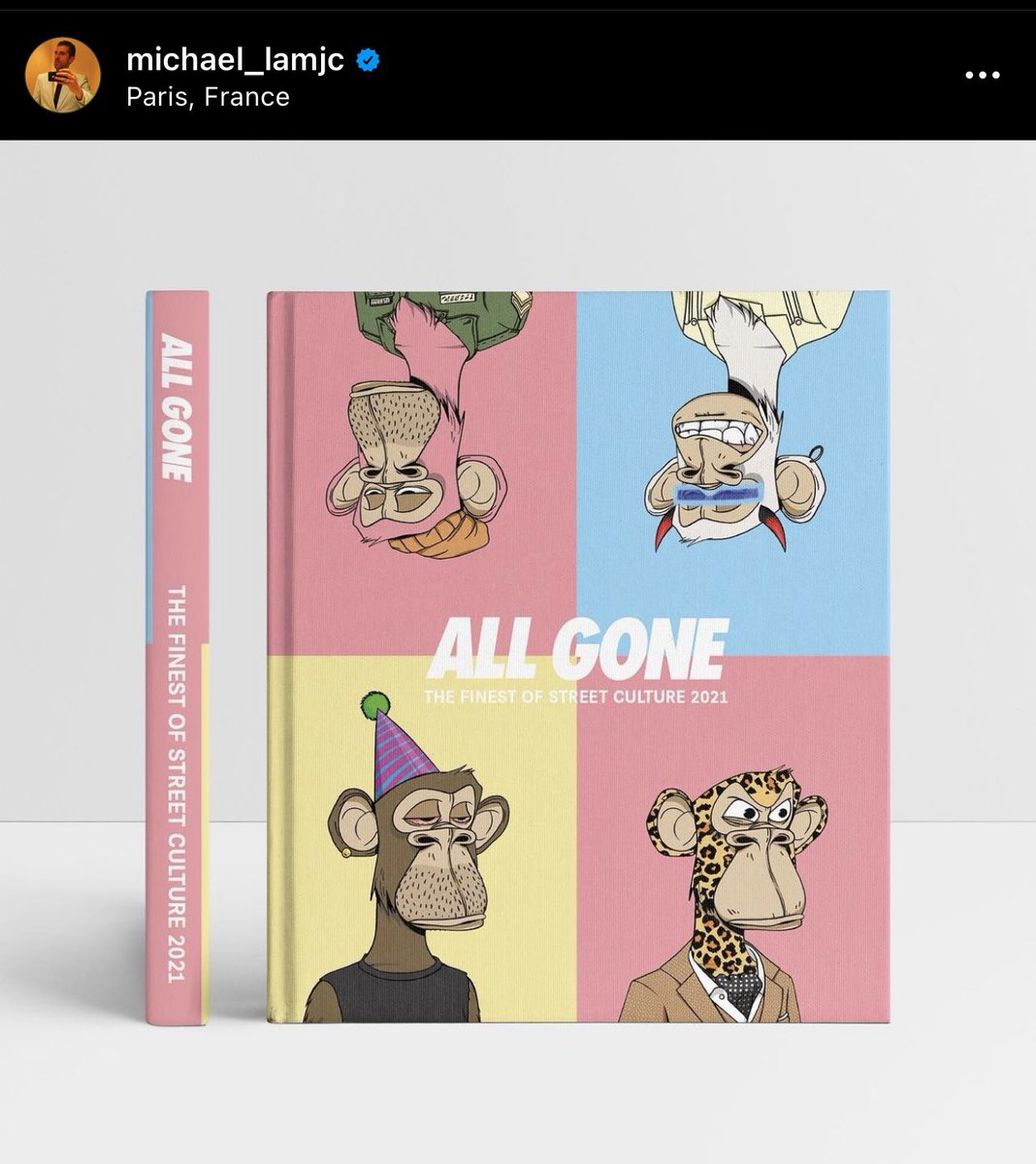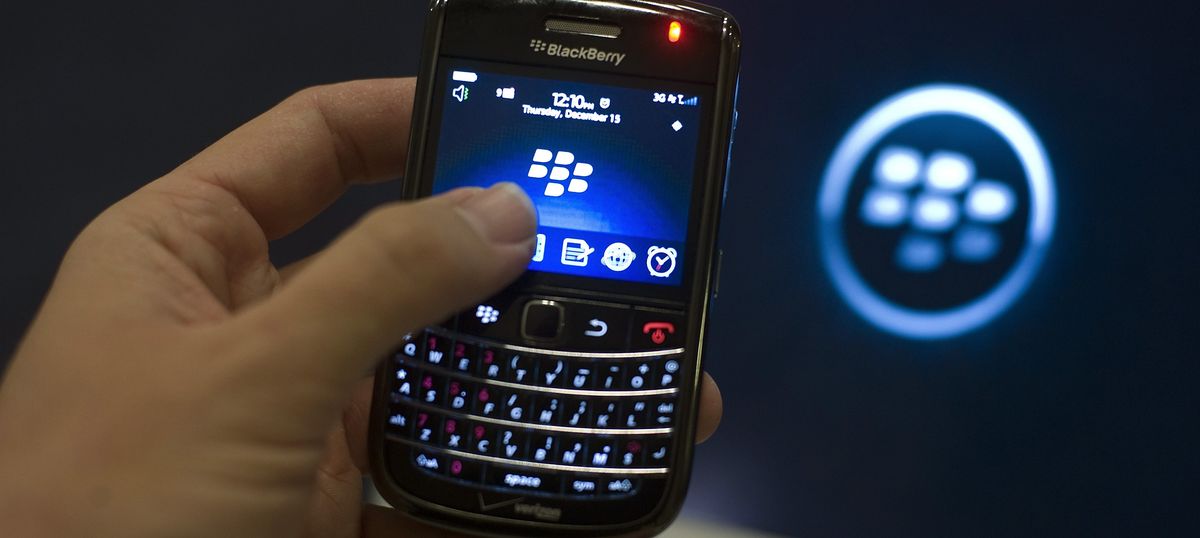This week I’ve been looking into NFTs, a kind of digital asset that has taken crypto culture onto “the streets” — due to its internet-meme aesthetics, along with some 80s-style $$ greed. While many in the tech community are highly critical of NFTs (non-fungible tokens), there may be viable use cases for it. I mention art and book distribution examples in the newsletter.
Also, it’s worth bearing in mind that we don’t always see the use cases for a new technology at first. Case in point: 15 years ago this week, Steve Jobs announced the first iPhone (see my thoughts on that in the ‘Notes from the Past’ section). But in that announcement, Jobs missed or glossed over two things about the iPhone that would completely change our culture: third-party apps, and the camera. So even Steve Jobs didn’t truly forsee how the smartphone would revolutionize our society. I’m not saying NFTs are equivalent to the iPhone (!!), I’m just pointing out that it often takes several years for new internet technologies to settle and reveal their use cases. Also, it sometimes needs complementary technologies to emerge (in the case of the smartphone camera, it needed social media to grow some more before the likes of Instagram could combine those technologies and build amazing products). All of this is why I’m keeping an open mind about NFTs.
Oh, and don’t miss my ‘one more thing’ this week — celebrating David Bowie’s life and his internet explorations of the 1990s. One of Bowie’s great achievements was teaching us to experiment with new things and play at the edges.
Notes from the Present 📱
NFTs Influencing Street Culture
I don’t claim to understand street culture these days, but there’s no doubting NFTs are part of it now…


The Bored Ape What Now!?
The Bored Ape Yacht Club was the most popular collection of NFTs over 2021. This Rolling Stone feature last November is a good intro:
[…] the four thirtysomethings behind Bored Ape Yacht Club — a collection of 10,000 NFTs, which house cartoon primates and unlock the virtual world they live in — were living modest lifestyles and working day jobs as they fiddled with creative projects on the side. Now, they’re multimillionaires who made it big off edgy, haphazardly constructed art pieces that also act as membership cards to a decentralized community of madcaps.
In a tweet thread, the founders described their background. It’s another clue that crypto/NFT culture is about to collide with the metaverse trend:

We’re gamers at heart. We grew up obsessed with MMORPGs, teaming up with strangers to get at rare items hidden away in dungeons. The metaverse is very real to anyone who lost years of their life (and made lifelong friends) in World of Warcraft,
Book Distribution as NFTs
While the current NFT craze is largely based on speculation and interest from “the street,” some of us are looking out for more practical use cases. Billionaire investor (and Dallas Mavericks owner) Mark Cuban thinks NFTs could change book distribution:
“Now you can distribute the book as an NFT, with the smart contract associated with that NFT enabling the payment of royalties to the author, publisher, teacher, school, whoever. As a result, each semester rather than shipping/re-selling physical books, w/no $ to stakeholders”
He summarized his thinking in the following tweet:

Art NFTs
I’m also intrigued by how artists — whether they be digital media artists, painters, or whatever — can potentially earn an income via NFTs. I have to research this more, but this week I came across an Australian project that supports local artists:


Celebrities Get in on Web3 Craze
But…there is a lot of noise around NFTs, including from The A List. Reese Witherspoon has an NFT profile pic and has also drunk the metaverse kool-aid:

My Column: Nvidia’s Metaverse Pivot
NVIDIA goes all-in on virtual world tooling for consumers and creators, after starting out as primarily an enterprise platform. Just don’t mention the M-word. Check out my column about this news.

Wordle is a Web App (Not a Native App)
You may’ve noticed the latest trend on social media, a word game called Wordle. It’s a daily guess-the-word challenge that takes about five minutes to do each time. It’s fun and evidently addictive (judging by how many of my Twitter contacts are sharing their results). What’s especially great about Wordle is that it is not an iOS or Android app — rather, it’s a website, a.k.a. a web app on your mobile device. Anything that routes around walled garden platforms and runs on the web is ok in my book. (Also, Apple has had to remove a bunch of app clones trying to take advantage of Wordle’s success.)

On a mobile device? You can add it to your Home screen for free, like any other app!
Android: phandroid.com/2021/01/05/how…
iOS:
You might also be interested in some of the social media theory and design mechanics behind Wordle, which this thread unpacks:

This is a philosopher of games’ theory of Wordle. A thread:
Internet Culture is Impacting Novels
One of my favourite authors is Bret Easton Ellis, a key trendsetter for Generation X (my generation). He runs an awesome podcast too, which you can subscribe to via Patreon. In the latest episode, he made a comment that novels written by millennials tend to be “inert,” because the authors are too focused on screen time and they don’t seem to get out much. Ellis has a love/hate relationship with millennials (his boyfriend is one), but even so it is something to ponder as we enter the crypto-fueled metaverse era — will the next generation of novelists have enough real-life experience? Or will novels even matter to this new generation?






